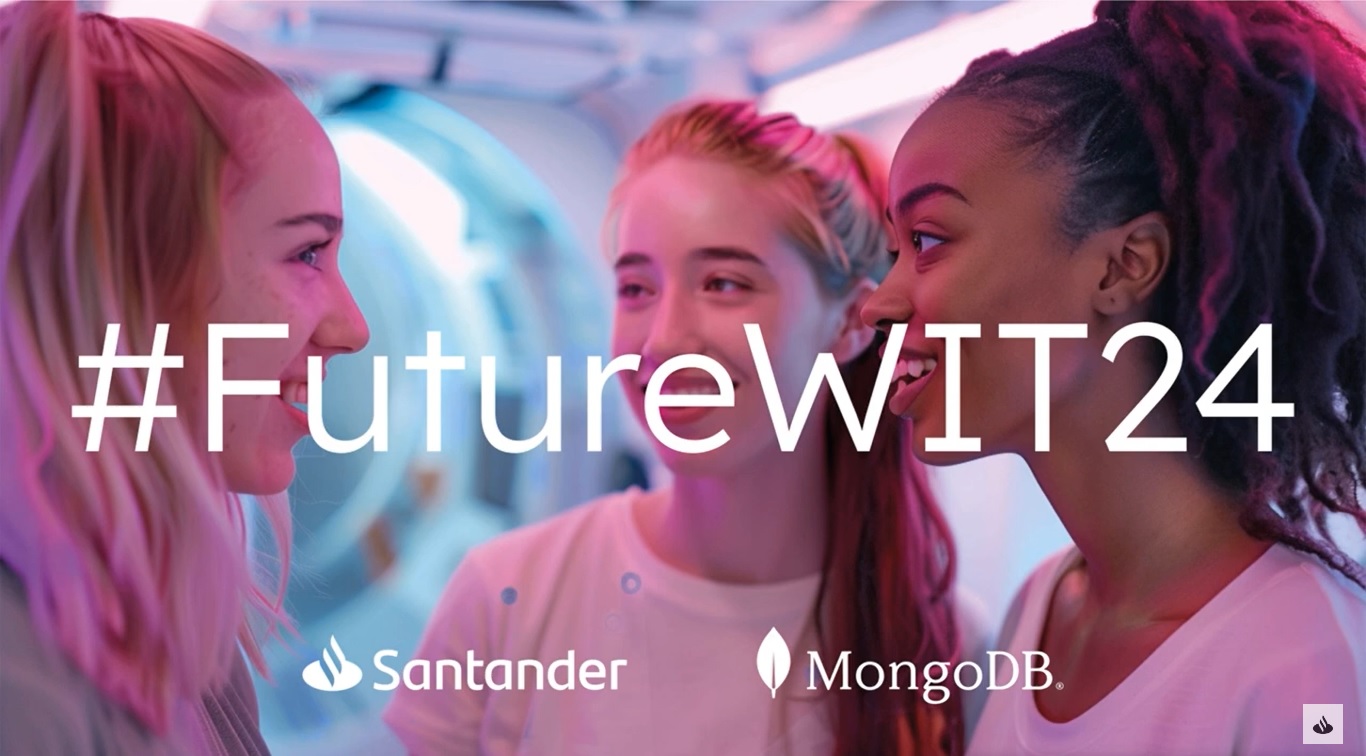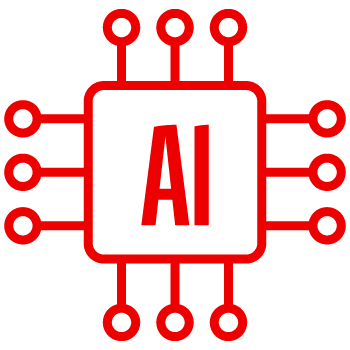Women in Tech, Santander’s commitment to gender diversity in technology


Last update: 23/10/2024
Careers and studies in sciences, technology, engineering and math have been, traditionally, dominated by men. Fortunately, gender diversity is changing this, and programmes that promote equality are key in these technology related fields driving the digital revolution. Read on to find out how Santander’s Women in Tech initiative is making progress towards this goal.
Women make up almost half of the world's population. However in a number of professional fields, they represent a minority compared to men. In today's world, where technology plays a leading role in people's lives, only 24% of leadership positions in the technology sector are occupied by women, according to data from the World Economic Forum.

While technological advances allow us to conceive a future that entails a better quality of life and greater progress for all, the path towards this future needs to be diverse and inclusive. Nevertheless, the gender gap in the technology sector is still a challenge. That is why days such as 11 February, which marks the United Nations' International Day of Women and Girls in Science, are so relevant to tackle the existing gender gap. This international day strives to empower women and girls - and promotes equal opportunities when it comes to accessing training and employment in STEM fields (Science, Technology, Engineering, Mathematics).

I see the future of technology as a pathway to being pragmatic. It's about making things happen and work. I think that women are better pragmatist. Perhaps we don't sell ourselves particularly well, but we are pragmatic and we make things work.
Cristina San José, Global Head Models & Data at Santander
With this objective in mind, we launched our Women in Tech (WIT) initiative in 2021, a programme that is part of the Be Tech! with Santander global recruitment plan. In addition to promoting female talent in technology teams, it also supports that women have access to various management positions.
Despite its short history, WIT is recognised as exemplary in the fight for gender equality thanks to activities that have been carried out over the year, including events, talks, communication actions, and collaboration with other companies (e.g. Telefónica, MongoDB, Cisco and Microsoft) and coding academies specifically for women (such as Allwomen.tech and IMMUNE).
Some of these initiatives are already well renowned. The 4th “The Future of Women in Tech Summit”, organized by Santander and MongoDB, attracted over 2,000 people in September.

The event, which featured Santander’s Marketing Group Executive VP, Nathalie Picquot, and Head of Gen AI, José Manuel de la Chica, focused on the vast potential of artificial intelligence and the prominent role that women can play in the ever-changing technology sector.







